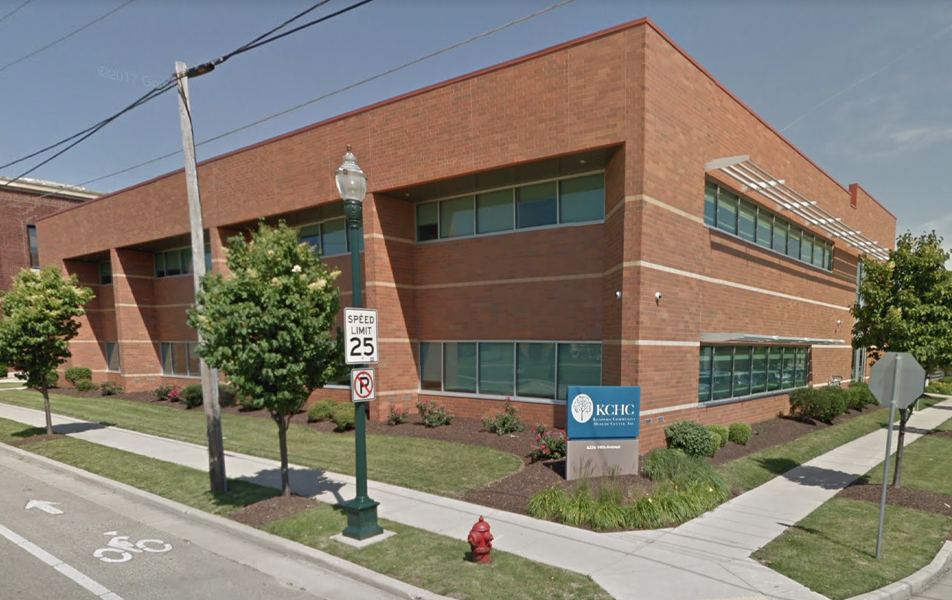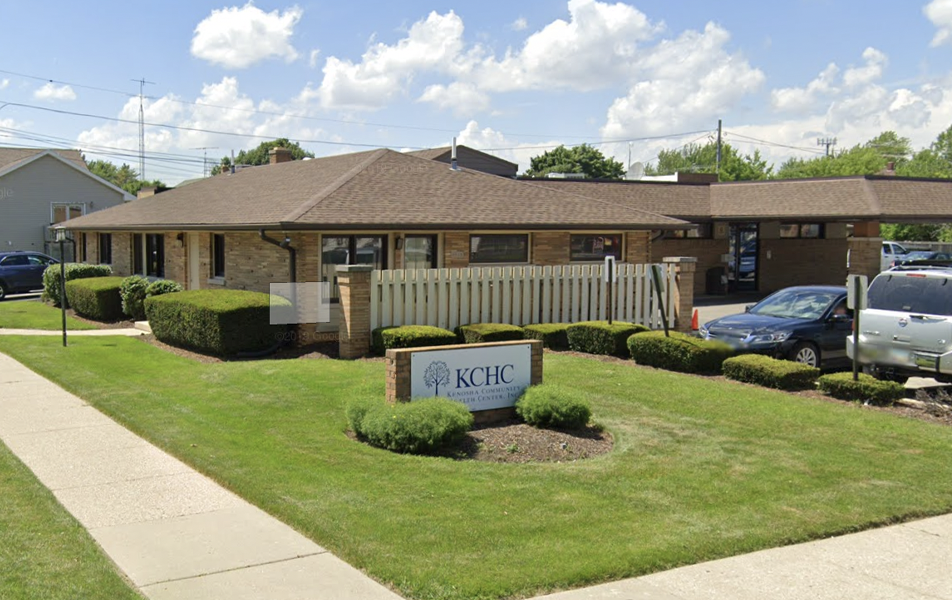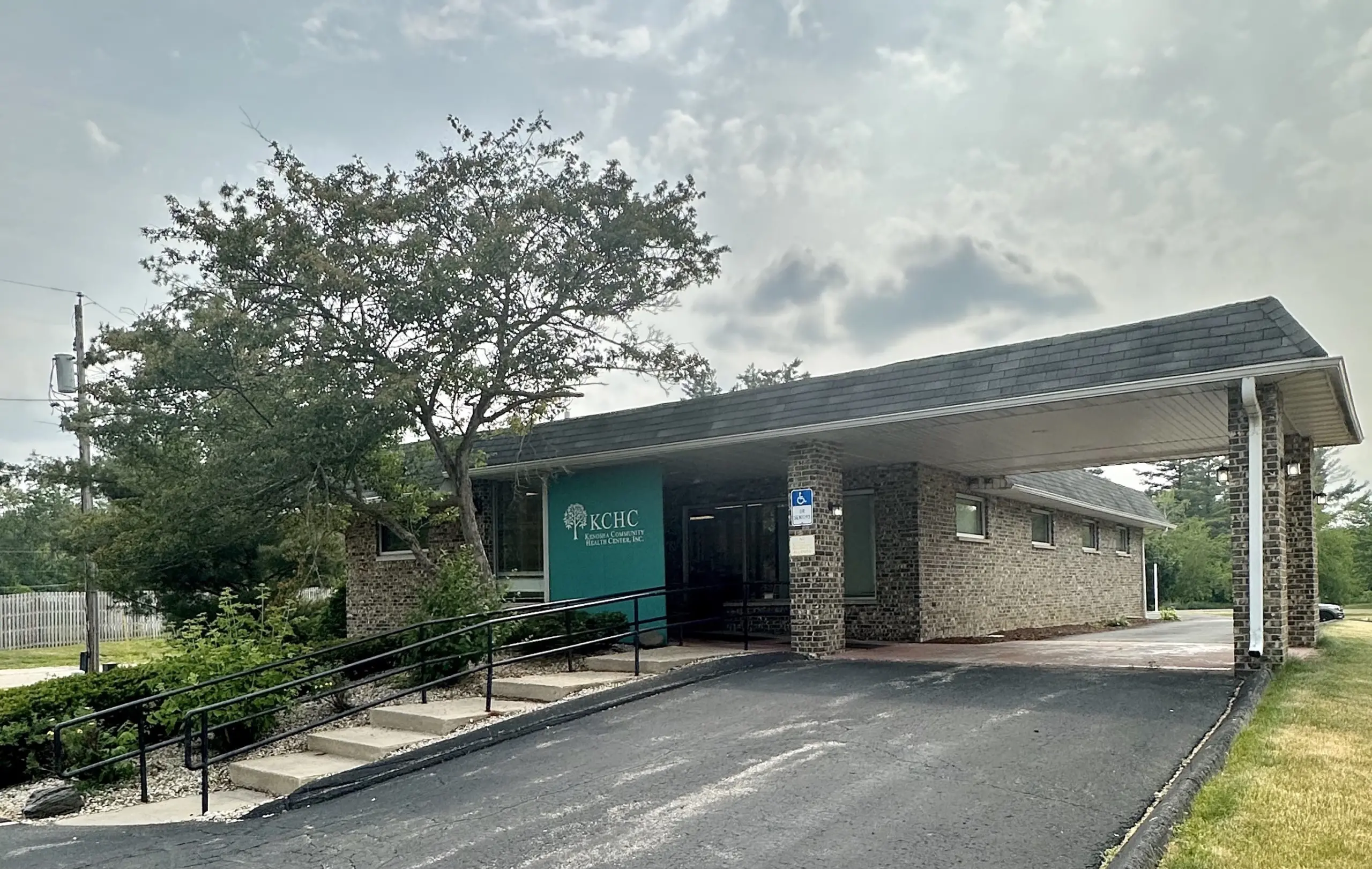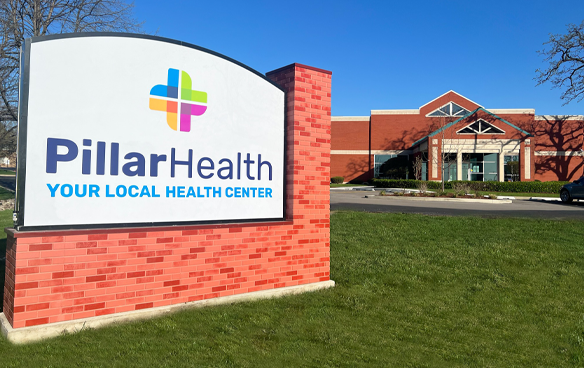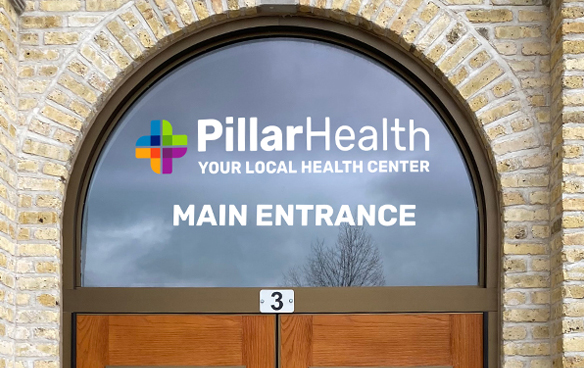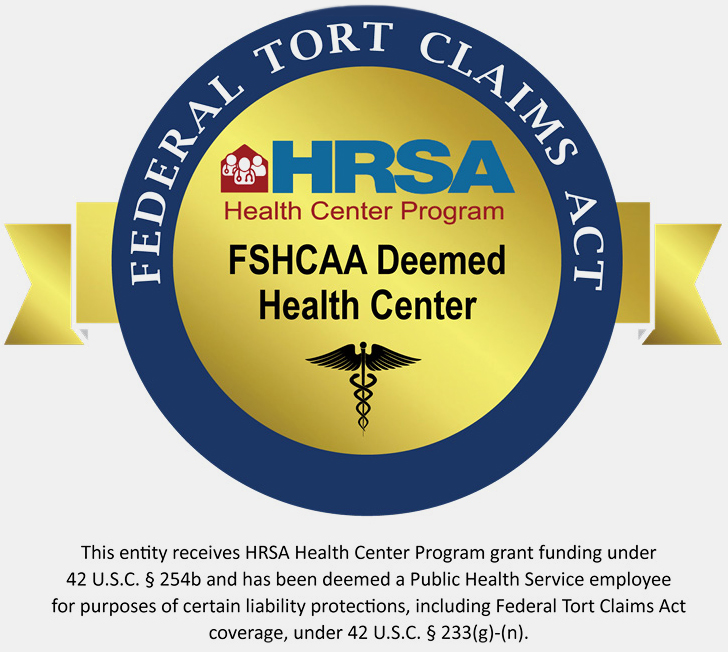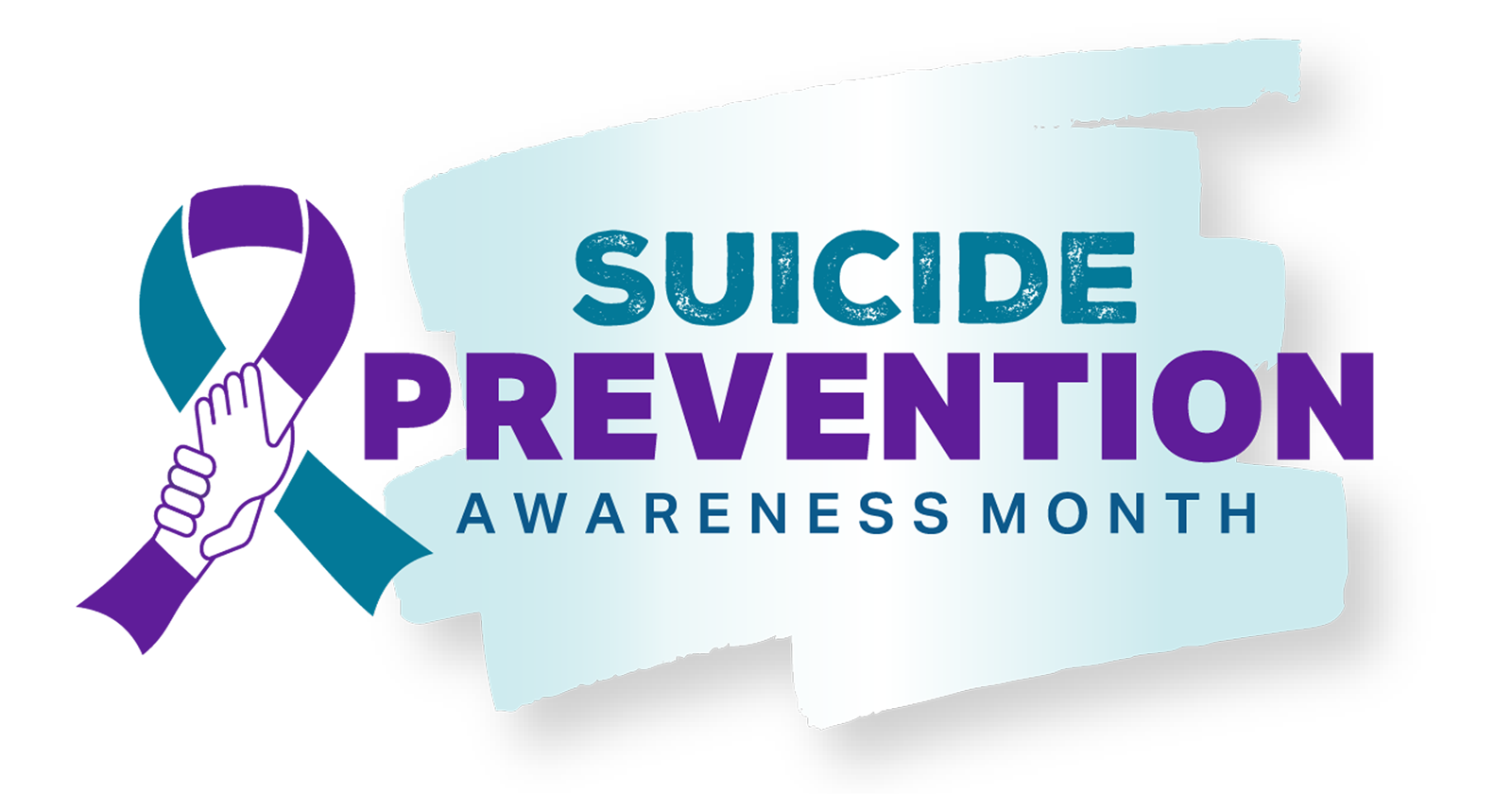
Understanding Suicide Prevention and the 988 Crisis Lifeline
Together in Strength, Dignity, Hope, and Purpose
At Pillar Health and Kenosha Community Health Center, our mission extends beyond physical health to supporting the mental and emotional well-being of every individual in our community. Each September, Suicide Prevention Month reminds us of both the urgency of this public health issue and the importance of hope, resilience, and connection.
This year’s theme, Together in Strength, Dignity, Hope, and Purpose, underscores the power of community in preventing suicide. It also highlights the critical role of accessible resources like the 988 Suicide & Crisis Lifeline, a national support system offering immediate, confidential assistance for anyone experiencing emotional distress.
Suicide in Wisconsin: The Urgent Need for Support
Suicide remains a serious and growing concern in Wisconsin. According to the Wisconsin Department of Health Services:
- In 2022, 924 Wisconsinites died by suicide, an age-adjusted rate of 15.1 per 100,000—a 34% increase compared to two decades earlier.
- Firearms were the leading method, involved in 57% of suicides, and making up 64% of all firearm deaths in the state.
- In 2023, preliminary reports show at least 916 suicide deaths, each one deeply affecting families, friends, and entire communities. It is estimated that for every suicide, 135 people are impacted, meaning more than 125,000 Wisconsinites were directly affected by suicide grief and trauma in 2023 alone.
Who is Most at Risk?
Certain groups in Wisconsin face higher vulnerability:
- Rural residents, who often experience greater isolation and reduced access to care.
- Older adults, with data showing 184 Wisconsinites aged 65 and older died by suicide in 2023—a rate nearly double the state average.
- American Indian/Alaska Native communities and Black Wisconsinites, who experience unique systemic barriers to care and disproportionately higher risk factors such as economic hardship and limited access to mental health services.
- Youth and young adults (ages 10–24), for whom suicide remains the second leading cause of death in Wisconsin. Between 2000 and 2018, the youth suicide rate increased from 6.8 to 10.7 per 100,000. Risk factors include untreated mental health conditions, bullying, family stress, substance use, and firearm access. Alarmingly, firearms were involved in 39% of suicides among 10–14-year-olds and 55% among 15–24-year-olds.
National Context and Trends
Wisconsin’s challenges reflect a national crisis:
- In 2023, over 49,000 Americans died by suicide, while 12.8 million adults seriously considered suicide, 3.8 million made a plan, and 1.5 million attempted.
- Among youth, there are encouraging signs: suicidal thoughts and attempts declined between 2021 and 2024. Major depressive episodes among adolescents dropped from 20.8% to 15.4%, and suicide attempts fell from 3.6% to 2.7%. This progress highlights the value of prevention, access to treatment, and public awareness.
The Role of the 988 Suicide & Crisis Lifeline
Launched in 2022, 988 has transformed access to mental health crisis services by offering a simple, three-digit number that works like 911—but for emotional and mental health emergencies.
What Happens When You Call, Text, or Chat 988:
- Initial Greeting – You’ll hear an automated message. Veterans can press 1 for specialized support.
- Local Connection – Calls are routed by area code and zip code to the nearest crisis center.
- Live Support – A trained counselor listens, offers guidance, and connects you to resources.
988 services are:
- Free and confidential
- Available 24/7
- Accessible in multiple languages
- Inclusive for Deaf and hard-of-hearing individuals
New Press 3 Option: This year, SAMHSA expanded 988 to include a “Press 3” option for specialized support for LGBTQ+ youth and adults, recognizing unique risk factors faced by these populations.
You Are Not Alone
If you or someone you know is struggling with suicidal thoughts:
- Call or text 988 for immediate help.
- Use the Lifeline Chat option at 988lifeline.org.
- For ongoing care, Pillar Health and Kenosha Community Health Center are here to support you. Call 262-771-0070 to connect with our compassionate mental health team.
At Pillar Health, we believe that healing is possible, recovery is personal, and resilience grows stronger when people feel heard. Suicide is preventable, and together we can make a difference.
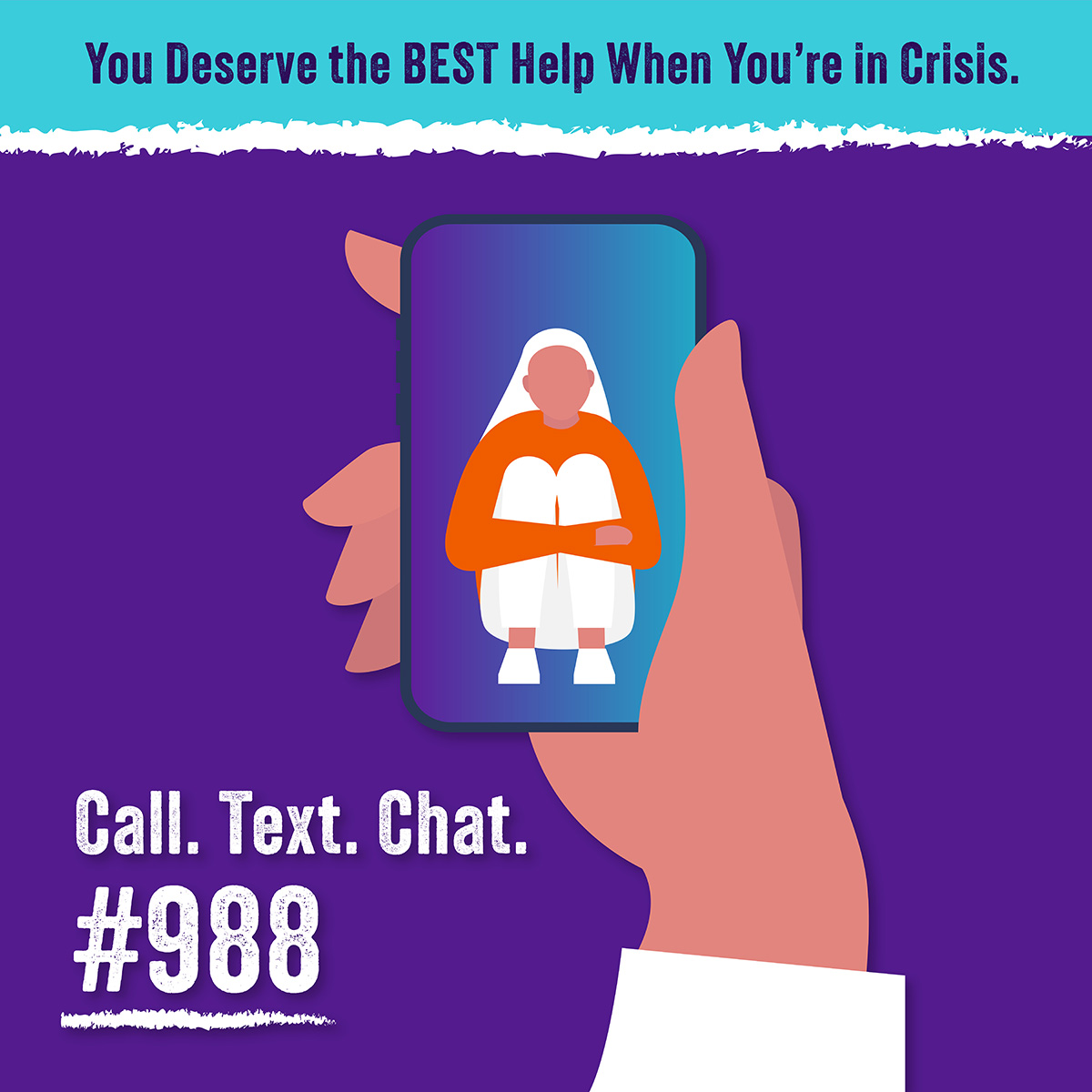
Building Hope Through Community and Connection
Suicide prevention is not only about crisis intervention—it’s about fostering a culture of understanding, dignity, and proactive care.
- Week 1: Understanding Risk – Suicide is complex and influenced by many factors. Knowing the warning signs and embracing treatment can save lives.
- Week 2: Building Partnerships – Community collaboration, especially peer-led initiatives, reduces stigma and increases connectedness.
- Week 3: Improving Care – Clear pathways to treatment and ongoing follow-up build trust and strengthen long-term recovery.
- Week 4: Promoting Dignity Through Connection – People with lived experience bring invaluable insight that drives meaningful change and prevents isolation.
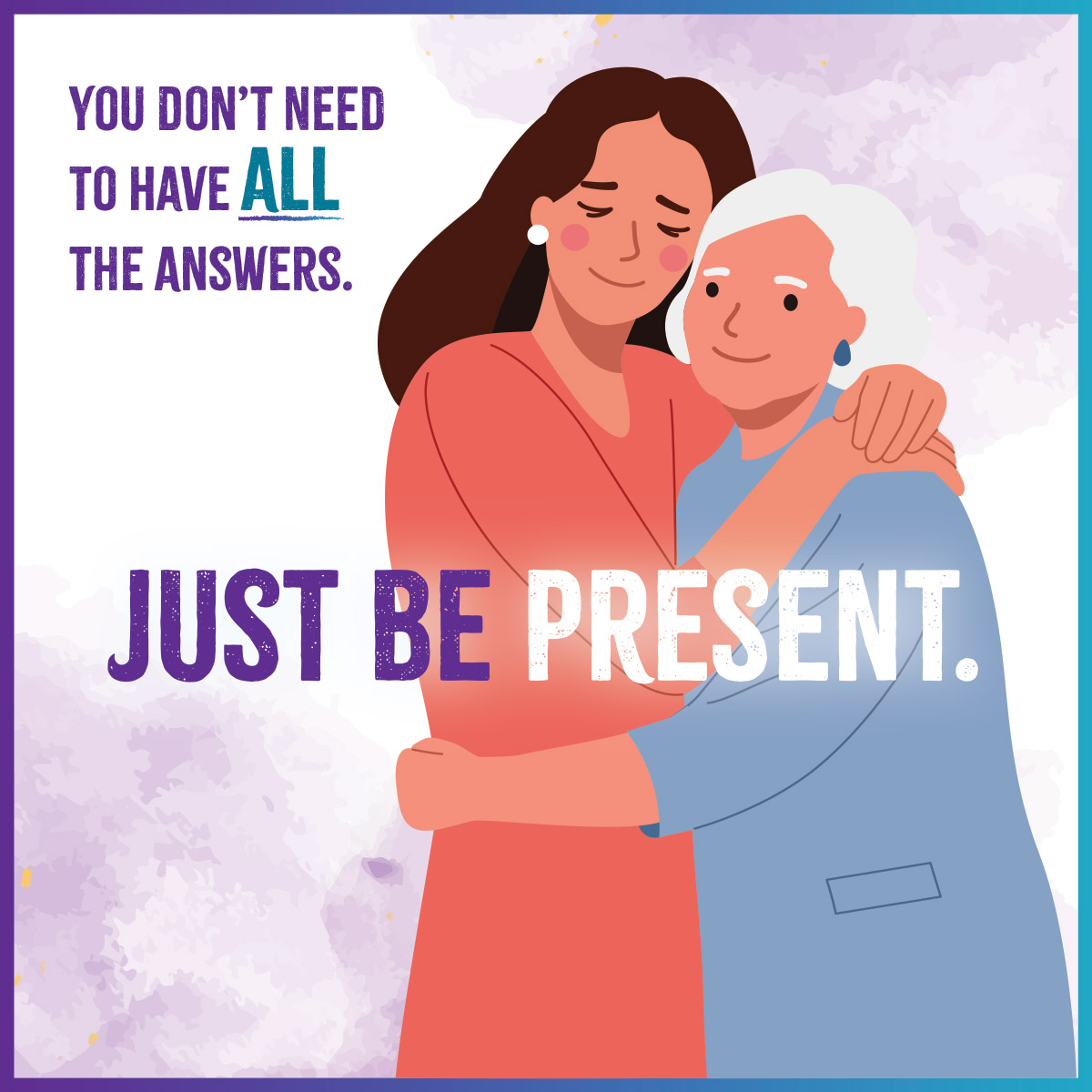
Do not wait to schedule your appointment.
Kenosha Community Health Center has many appointment options in Kenosha and Silver Lake to meet your needs.
Schedule An Appointment

